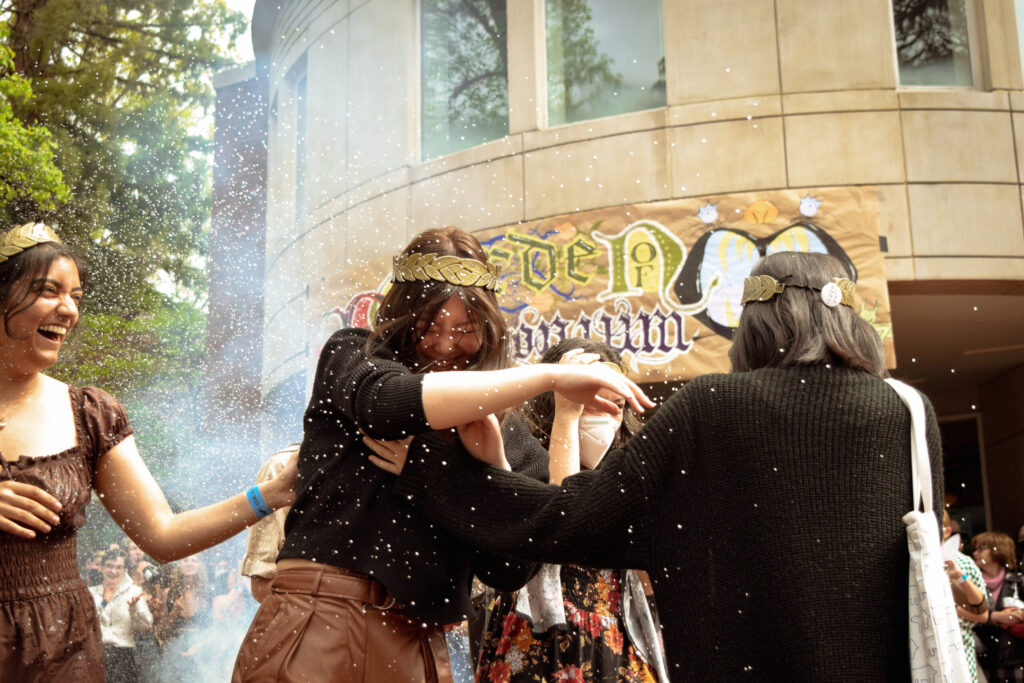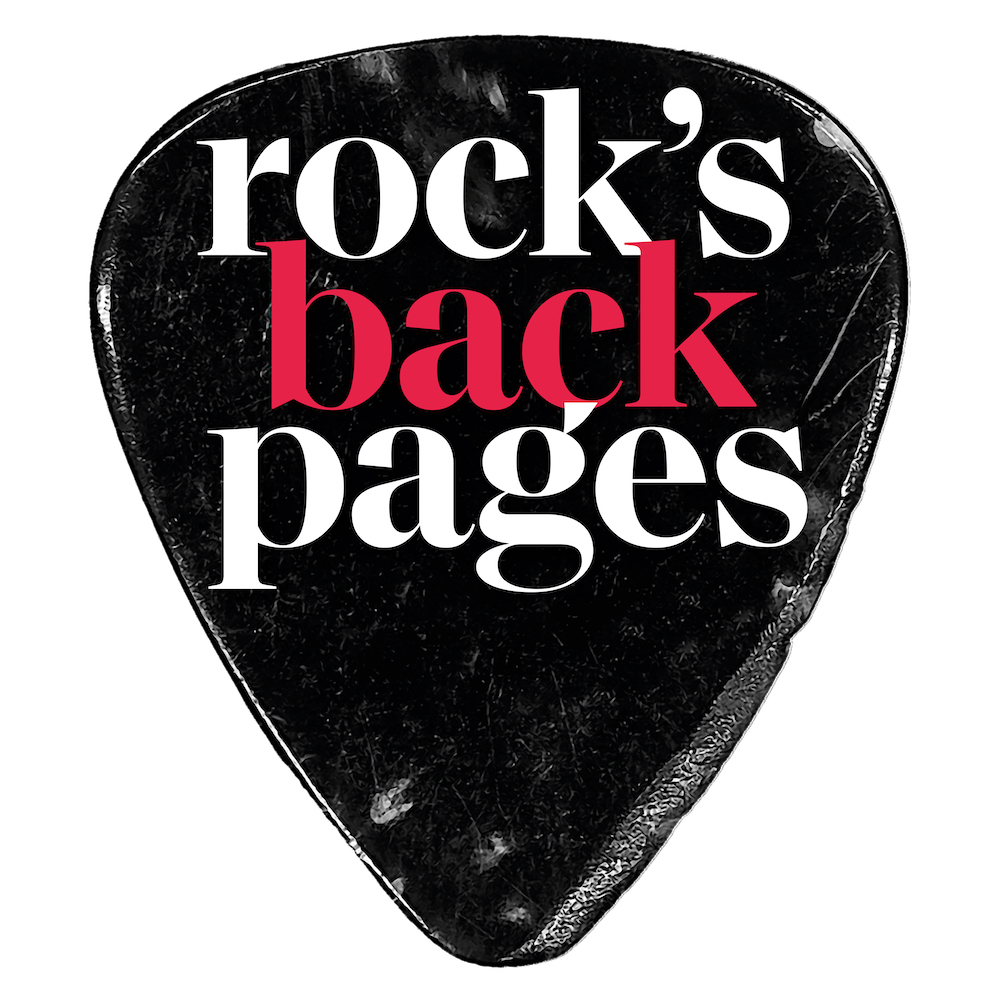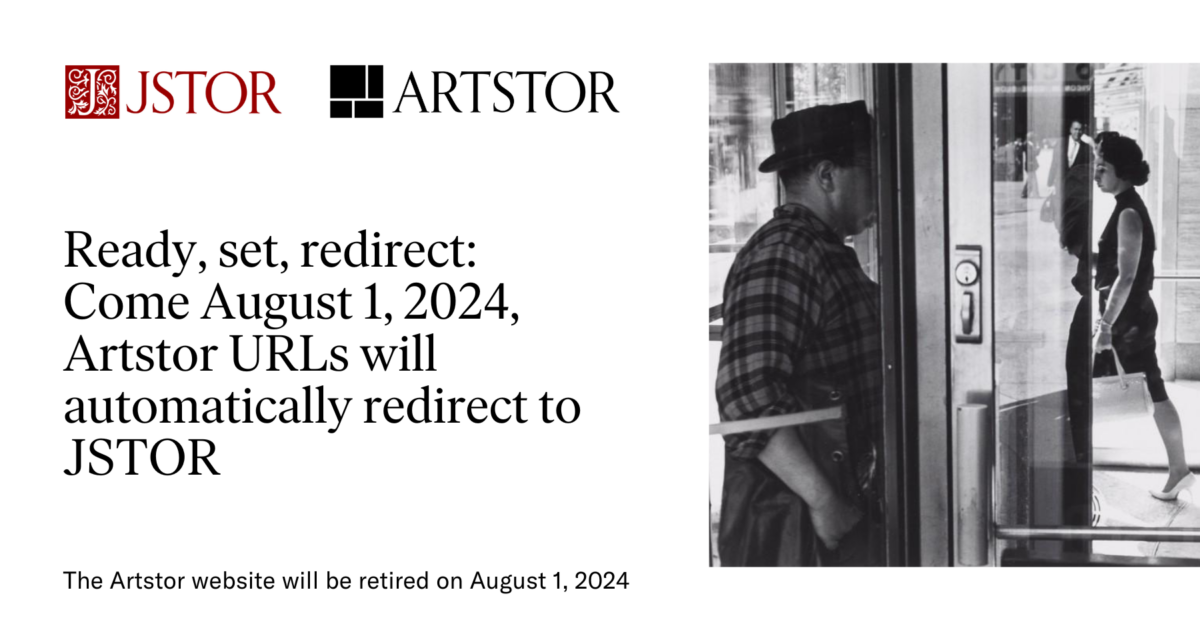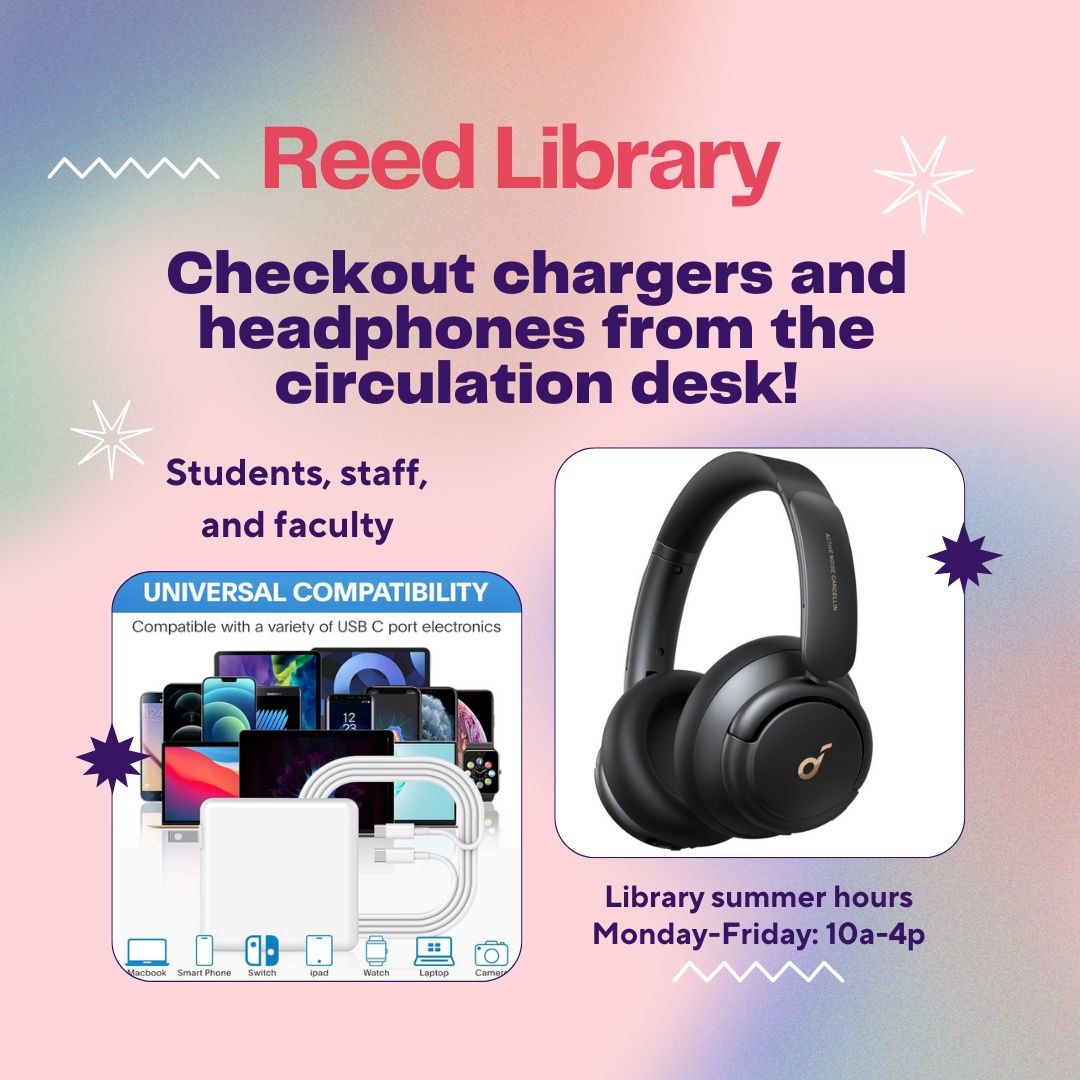News you can use about library resources, special displays, events, campus history — and more!

Welcome to Library News
-

Spring Semester Trials Continue
After our busy February, one trial continues and a new rest-of-the-semester trial begins. The Renaissance World (Taylor & Francis) Closes 3/28/2025This is a sizable e-reference site from Routledge Resources Online. It features specially-commissioned, peer-reviewed content that supports the teaching and learning of this historical time period. Covering the 14th to the 18th century, its key…
-

New Interface for EBSCOhost on January 7
On January 7, 2025, EBSCO will move all users to a new interface for the EBSCOhost platform. The new interface is a significant improvement. It reduces visual clutter, improves accessibility, and adds more controls over search, filters, saving, and sharing. According to EBSCO, it has been expressly designed around student preferences, rather than those of…
-

IMC feature • Horror Films!
With the approach of All Hallows’ Eve, consider one of the many fine films in the horror genre to copilot your quasi-satanic celebration. Make it movie-size fun by checking out a projector, speakers, and screen from the IMC! These films include some pretty graphic depictions of violence. See IMDB descriptions and associated keywords for possible…
-

Rock’s Backpages Trial through 11/15/24
As of October 9, we have started a trial of Rock’s Backpages. The trial will end on November 15. Under the tagline “the archive of music journalism,” this resource gathers music publication interviews and reviews from 1960 to the present. Anyone can register to read a selection of over 500 free articles, but during this…
-

Artstor Has Moved to JSTOR
On August 1 of this year, the legacy Artstor website was retired. All Artstor images are available on JSTOR, and our subscription to that material continues uninterrupted. When you search JSTOR, you will find Artstor’s 2 million licensed images and more than 1,700 additional primary source collections alongside the JSTOR ebooks and journals you already…
-

-

-

Reed thesis checking Monday-Thursday • 4/22-4/25
Need a thesis formatting pre-check before submitting? Stop by the reference desk for help! Detailed formatting guidelines can be found on the help guide.
-

Reflecting on Climate Change: Images of Josh Kline’s Artwork Added to RDC for Earth Day
In anticipation of Earth Day celebrations on campus, hear from Visual Resources Assistant Andee Gude ’26 about their President’s Summer Fellowship and the decision to add artist Josh Kline’s work to the Art & Architecture Collection in Reed Digital Collections (RDC). This blog post was written by Visual Resources Assistant and Art History major Andee…
-

Search library news
Browse by category
